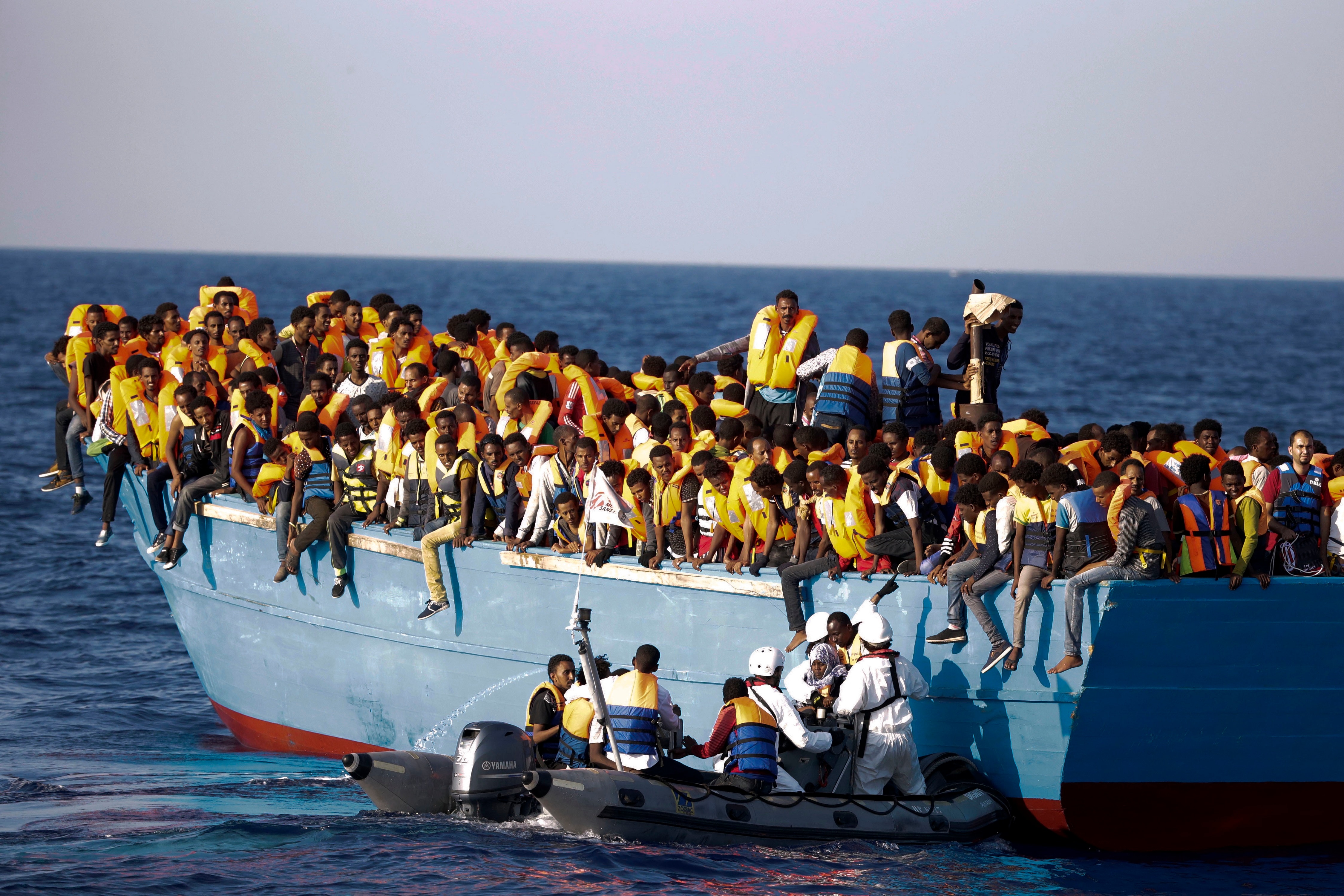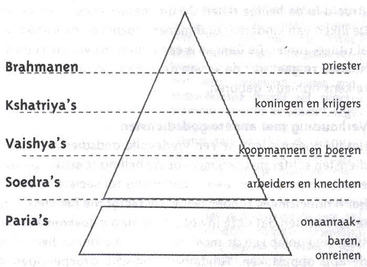Tougher UK Immigration Policies: Impact On Asylum Seekers From Three Nations

Table of Contents
The Changing Landscape of UK Asylum Policies
The UK's asylum policies have undergone a dramatic transformation in recent years, moving towards a stricter and more restrictive approach. This shift is evident in a series of legislative changes and a perceptible hardening of government attitudes towards those seeking refuge. Key alterations to asylum laws and immigration legislation have led to increased processing times, reduced support services, and a more challenging environment for navigating the refugee status application process. Increased scrutiny at border control points and changes in detention policies further exemplify this trend.
- The Nationality and Borders Act 2022: This landmark legislation introduced significant changes, including differentiated treatment based on how a person arrived in the UK, impacting the asylum claim process significantly.
- Decreased Asylum Acceptance Rates: Statistics consistently show a decline in the acceptance rate of asylum applications, indicating increased difficulty in securing refugee status under the new regulations.
- Lengthened Processing Times: Many asylum seekers face extensive delays in having their claims processed, leading to prolonged uncertainty and hardship.
Case Study 1: Syrian Asylum Seekers
Syrian asylum seekers face a unique set of challenges within the UK's immigration system. The Syrian refugees, fleeing a brutal civil war, often arrive with limited documentation, making it difficult to prove their identity and establish their eligibility for refugee status. Language barriers and the psychological trauma of war further complicate the process. While various support services and charities exist to assist conflict refugees, the effectiveness of these organizations is often hampered by resource constraints and bureaucratic hurdles.
- Low Success Rates: A significant percentage of Syrian asylum applications are rejected, despite the well-documented humanitarian crisis in their homeland.
- Evidence Requirements: The burden of proof rests heavily on applicants, who must provide compelling evidence of persecution, often a daunting task given the destruction of records and the chaos of war.
- Trauma-Informed Care: Many Syrian refugees require specialized trauma-informed care to address the psychological impact of their experiences, yet access to such services remains inconsistent.
Case Study 2: Afghan Asylum Seekers
The situation for Afghan refugees is equally precarious, exacerbated by the Taliban’s takeover in 2021. The rapid collapse of the Afghan government created a humanitarian crisis of unprecedented scale, leading to a surge in asylum applications. Verifying claims has become significantly more complex due to the instability and lack of reliable documentation emanating from Afghanistan. International organizations and NGOs play a crucial role in supporting Afghan refugees, but their capacity is often overwhelmed by the scale of the crisis. Access to safe routes to the UK is often restricted, leading many to attempt perilous journeys.
- Increased Applications: The number of Afghan asylum applications to the UK has risen dramatically since the Taliban's return to power.
- Verification Challenges: The chaotic political situation in Afghanistan makes verifying the authenticity of asylum claims extremely challenging.
- Relocation Programs: While some relocation programs exist, the number of places available is often insufficient to meet the demand.
Case Study 3: Eritrean Asylum Seekers
Eritrean refugees face a distinct set of challenges, primarily linked to the repressive nature of the Eritrean regime. Many flee due to forced conscription into indefinite military service, political persecution, and violations of religious freedom. Human trafficking is also a significant concern, with many Eritreans falling victim to exploitation during their journey to the UK. The highly secretive and controlled nature of the Eritrean state makes providing evidence of persecution extremely difficult.
- High Rejection Rates: Eritrean asylum seekers face high rejection rates due to difficulties in providing sufficient evidence of persecution.
- Human Rights Abuses: The systematic nature of human rights abuses in Eritrea makes it crucial to consider each case on its merits and provide appropriate protection.
- Humanitarian Organizations: Organizations dedicated to supporting Eritrean refugees highlight the need for more effective pathways to safety and protection.
The Overall Impact and Future Implications
The case studies of Syrian, Afghan, and Eritrean asylum seekers reveal common threads: bureaucratic hurdles, difficulties in proving persecution, and a lack of sufficient support services. However, each group faces unique challenges stemming from their specific circumstances. The stricter UK immigration policy has had a substantial humanitarian impact, potentially impacting international relations and incurring long-term economic and social costs.
- Lower Asylum Success Rates: Across all three nations, asylum success rates are significantly lower under the tightened policies.
- Social Integration Challenges: The difficulties faced by asylum seekers can lead to prolonged periods of uncertainty and social isolation, hindering successful social integration.
- Policy Recommendations: Expert recommendations consistently emphasize the need for a more compassionate and efficient asylum system.
Conclusion: Tougher UK Immigration Policies and Their Impact
The increasingly stringent UK immigration policies have created significant obstacles for asylum seekers from Syria, Afghanistan, and Eritrea. Each group confronts unique challenges, yet all share a common struggle against bureaucratic barriers and a lack of adequate support. Understanding the ethical and practical implications of these policies is crucial. We need to move towards a system that balances national security with humanitarian responsibility. To learn more about understanding UK asylum policy and advocate for improving UK immigration reform, contact your representatives and support organizations dedicated to supporting asylum seekers in the UK. Your actions can make a difference in the lives of those fleeing persecution and seeking refuge.

Featured Posts
-
 Hills Shutout Performance Propels Golden Knights To 4 0 Win Over Blue Jackets
May 09, 2025
Hills Shutout Performance Propels Golden Knights To 4 0 Win Over Blue Jackets
May 09, 2025 -
 Strengthening Regional Ties Capital Market Cooperation Agreement Between Pakistan Sri Lanka And Bangladesh
May 09, 2025
Strengthening Regional Ties Capital Market Cooperation Agreement Between Pakistan Sri Lanka And Bangladesh
May 09, 2025 -
 Ftc Probe Into Open Ai And Chat Gpt Implications For Ai Regulation
May 09, 2025
Ftc Probe Into Open Ai And Chat Gpt Implications For Ai Regulation
May 09, 2025 -
 Hoe Brekelmans India Zo Veel Mogelijk Aan Zijn Zijde Wil Houden
May 09, 2025
Hoe Brekelmans India Zo Veel Mogelijk Aan Zijn Zijde Wil Houden
May 09, 2025 -
 Arsenal Vs Psg Champions League Final Owen Hargreaves Prediction
May 09, 2025
Arsenal Vs Psg Champions League Final Owen Hargreaves Prediction
May 09, 2025
